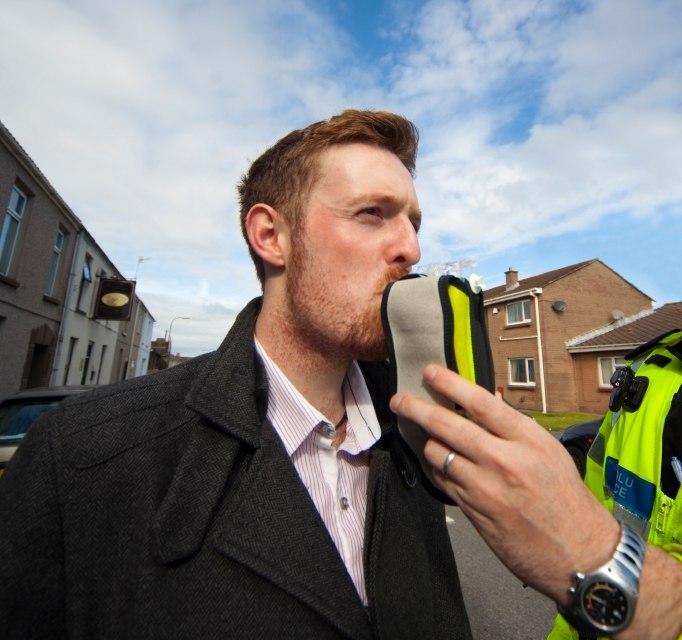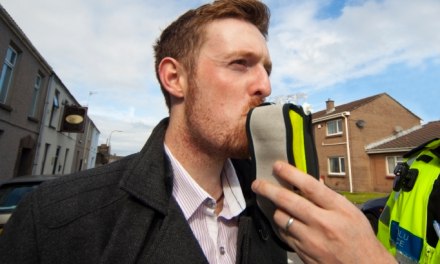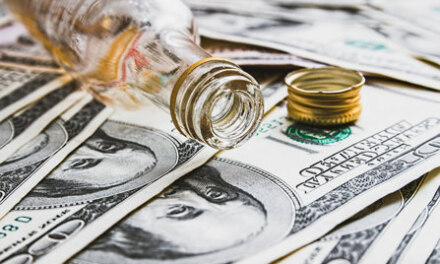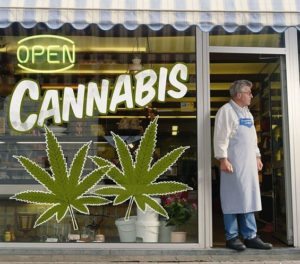Do sobriety checkpoints reduce drunk driving? The evidence suggests that they do, and by a rather impressive 17% or more. To my knowledge, nothing else has been quite that successful. Here’s a recent meta-study of research on outcomes:
Effectiveness of Sobriety Checkpoints for Reducing Alcohol-Involved Crashes
That doesn’t mean they’re always popular. Though 75% of Americans view them favorably, a number of states prohibit their use. Among that number are Michigan, Minnesota, Oregon, Alaska, Idaho, Montana, Rhode Island, and Texas.
Why the prohibition? It’s usually due to an interpretation of Fourth Amendment protections against unreasonable search and seizure. The random nature of the stops– pulling over a selection of passing cars and often, administering a breath test– apparently doesn’t provide legally sufficient justification, at least in the opinion of those Courts.
I’ve met many people who are suspicious of the checkpoints for other reasons, such as why they’re set up near the parking lot outside a popular restaurant or nightclub.
I suspect that’s only because it’s where potential drunk drivers are most likely to be found.
Also, checkpoints aren’t cheap to implement, and officials need to justify the expense in terms of arrests made.
I’ve read that for each time arrested, a typical DWI offender has driven under the influence between 50 to 200 times. By the time an offender finally gets caught, they are thoroughly convinced, on the basis of experience, that the risk of apprehension is minimal. As a result, they’re surprised, hurt, and more often than not, really angry.
“I think that cop was just trying to boost his statistics,” complained one offender, himself a defense attorney. “There had to be something wrong with that machine. Or maybe with that officer.”
“I don’t understand,” I asked, confused. We were in a meeting room off the lobby of a rehab program, to complete an admission assessment. “If there’s no alcohol problem, I mean. Why are you are here?”
“I know I have an alcohol problem,” he replied, irritably. “But the night that cop stopped me, there’s no way I could have been over the limit.”













